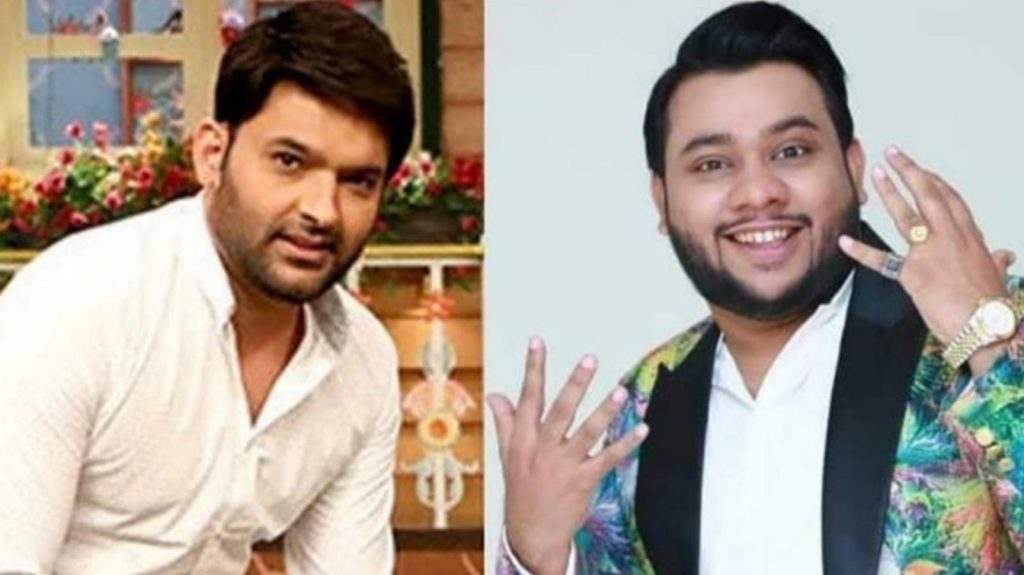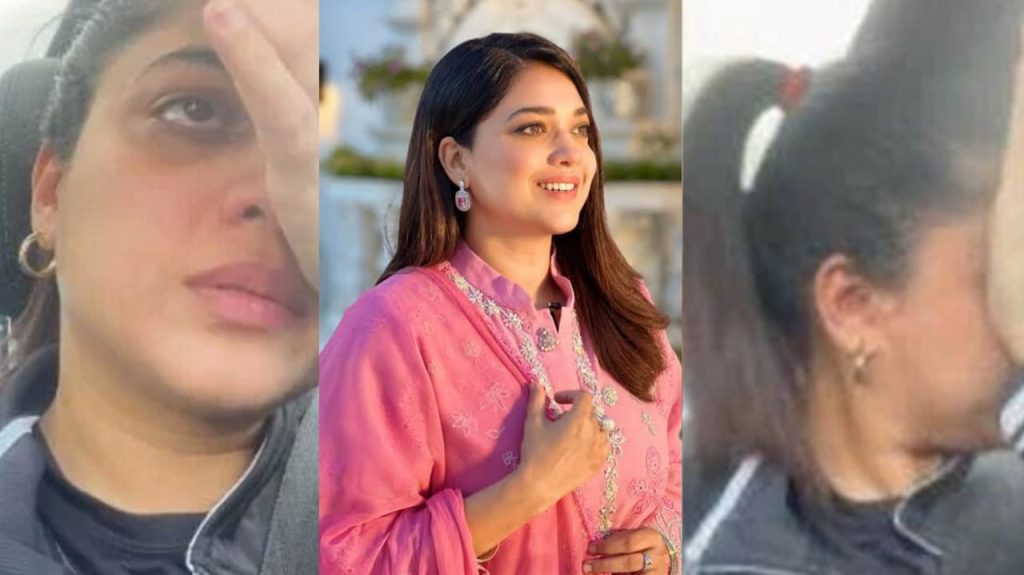Disclaimer*: The articles shared under 'Your Voice' section are sent to us by contributors and we neither confirm nor deny the authenticity of any facts stated below. Parhlo will not be liable for any false, inaccurate, inappropriate or incomplete information presented on the website. Read our disclaimer.
This article was originally submitted by Wajeeha Hameed
In the traditional sense of the word, marriage is a union between a man and a woman. If the extravagant wedding ceremonies; in Pakistan are any proof, we know with conviction, that our culture takes marriage to another level.
Often pretentious, wedding functions not only dig a hole in the payee’s pocket but also dig an abyss of debt for them. And yes, everyone should be allowed to do what makes them happy on their wedding day. However, the actual promise of companionship and how it is treated needs crafting.
What’s problematic is that society cheers on; these extravagant events, but refuses to accept what a couple wants and needs beyond them. This is exactly why the Pakistani approach to marriage is problematic.
Pakistanis laud themselves as compassionate individuals always there for each other. Hence, we forget to draw the line. Consequently, literally being there for each other all the time is an outright invasion of privacy.



via have fun
Marriage is supposed to be a union between two willing individuals, not between two khandaans.
Rationalizing this very prevalent practice often lends itself to whataboutery and other logical fallacies. As a nation, we’re also quick to condemn divorce; deeming it a violation of sacrilege. And yet, we continually support all such instigators making the union unsustainable.
As individuals, it is only fair that if we command patience, we’re also ready to reciprocate. The institution of marriage is not designed to entertain spectators but to provide structure for the people spending their lives together. There are countless instances where both immediate and extended family members can’t help but poke their nose where it doesn’t belong.
Once a couple is married, they’re under surveillance, particularly the girl. The fact that everyone feels they have a right to pitch in on what the girl does – her attire, her cooking skills, her hobbies – is inexcusably absurd.
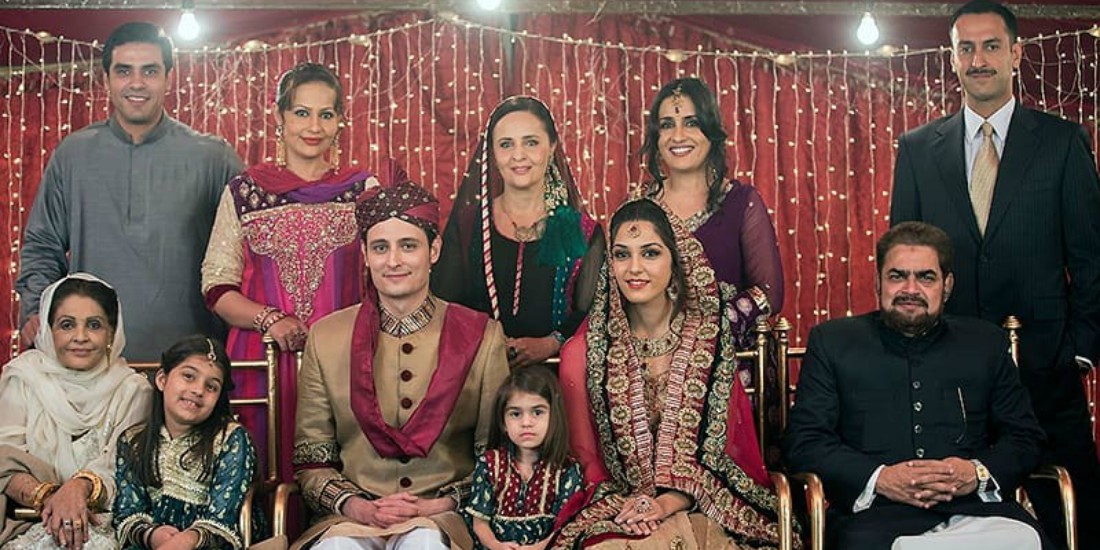


via parhlo pink
Family members also practice voicing their concerns over the newly-weds’ whereabouts. In that, if the two are on date for too long, someone starts pestering them with phone calls. As strange as it sounds, this actually happens in real-life and beyond the scope of Pakistani dramas.
So, here’s the thing. They’re married, they’re legal, they can do whatever they want, go wherever they want.
Then, why is it that people outside the marriage are allowed to make it about themselves? These are the same people who graciously extend unsolicited advice. Their words are not only limited to the girl but make room the guy as well.
Oftentimes, this advice wraps itself in the ‘how to control your wife/husband’ context. As individual human beings, are we even supposed to control each other? Love and commitment shouldn’t be about control, but open conversations and understanding. But to hell with that, right?
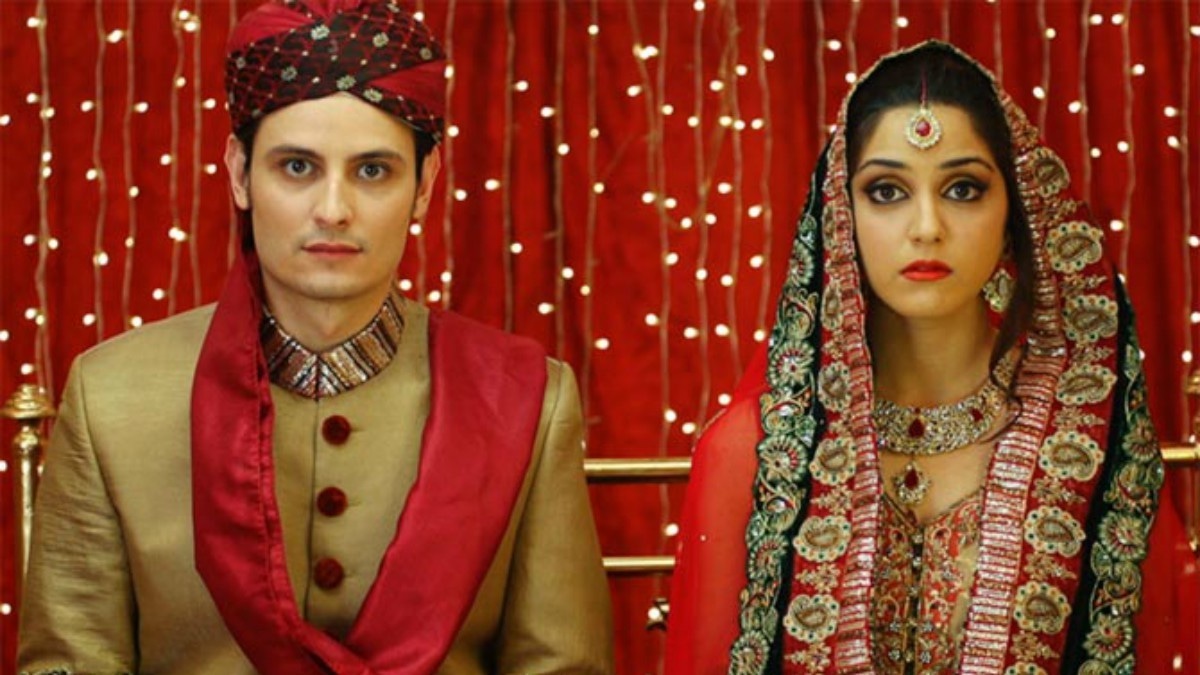


via steemit
Perhaps, the most frustrating mix of unsolicited advice and investigation is keeping up with someone’s plan to have a child. This discussion has been stripped raw on social media and it continues to be. And there’s certainly a valid reason for it.
It should be as simple as understanding the right to your own body and not another’s. Unfortunately, for people who refuse to acknowledge the latter, it is no surprise that the concept of ‘family planning’ is incomprehensible for some.
Marriage isn’t just about having babies no matter how much your next-door aunty convinces you otherwise. Some people don’t even want kids, and that’s cool. A couple may want each other to themselves for a few years or forever and it is not anyone’s business but their own. This includes every wannabe grandparent getting on their child’s (more likely his wife’s) nerves.
Children are supposed to be brought into the world by eager parents, not by two adults who gave into coercion.
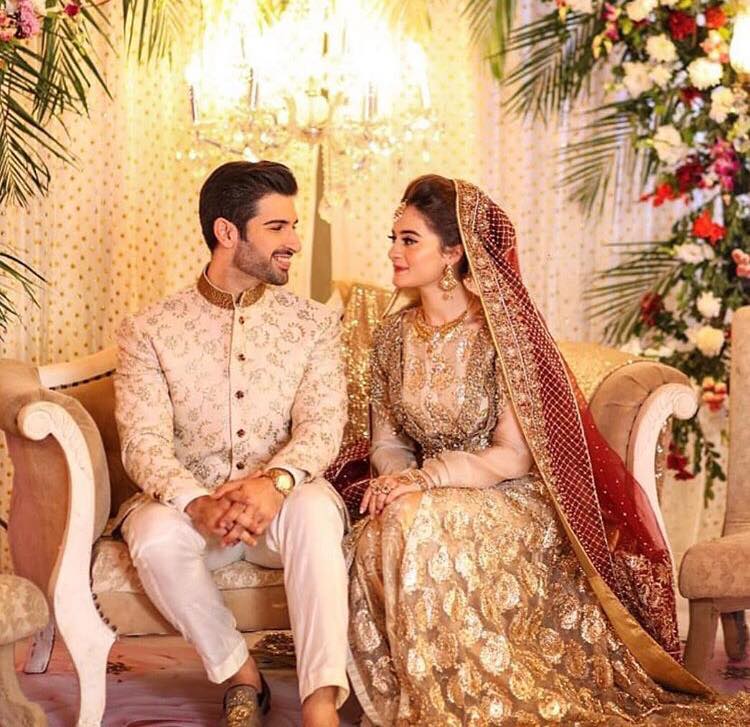


via oye yeah
Also, children are not the cure to a failing marriage, if anything, kids make it worse. Think about it this way: if kids were the saving grace then no couple with a child would ever face serious dissension, but they have and they do.
Contrary to popular belief, marriage isn’t the holy grail either. All relationships can become toxic and when they do, sticking them out is not the right thing to do. Moreover, staying in emotionally and/or physically abuse marriages doesn’t make anyone noble, it makes them ill-advised.
Naturally, for people trapped in such relationships, it is hard to get out. Instead of trying to ease their pain, much of Pakistani society strives to imprison them for longer. Let’s not forget that children of abusive marriages have a life’s worth of trauma and dismissing it makes it worse.
We need to understand that the Pakistani way of marriage is not only detrimental to mental health but also to a system of happy families. There are so many overwhelming conditions surrounding the institution and unless we stop enabling them, we’re only adding to an already twisted definition of it.












